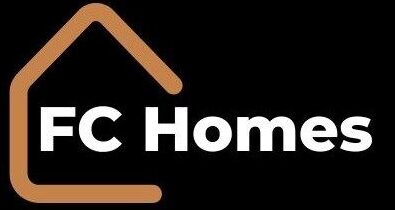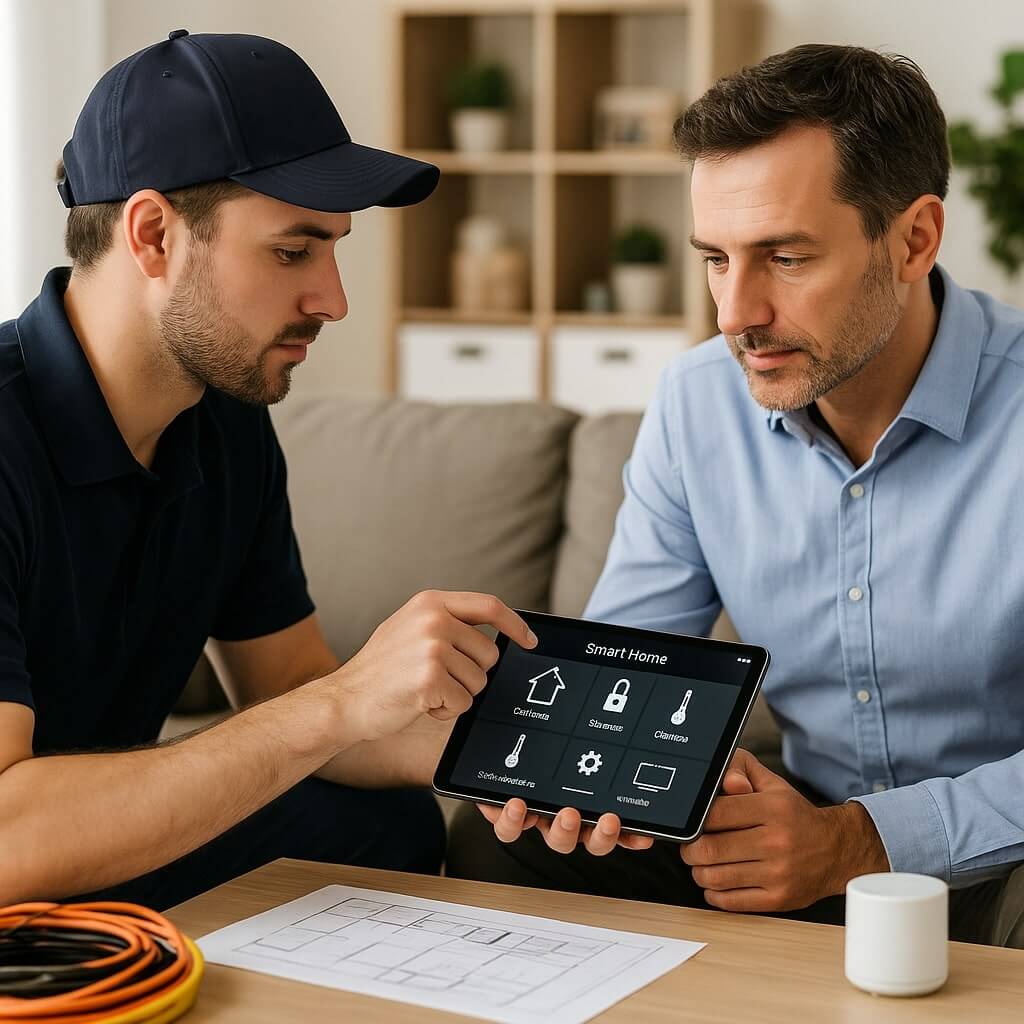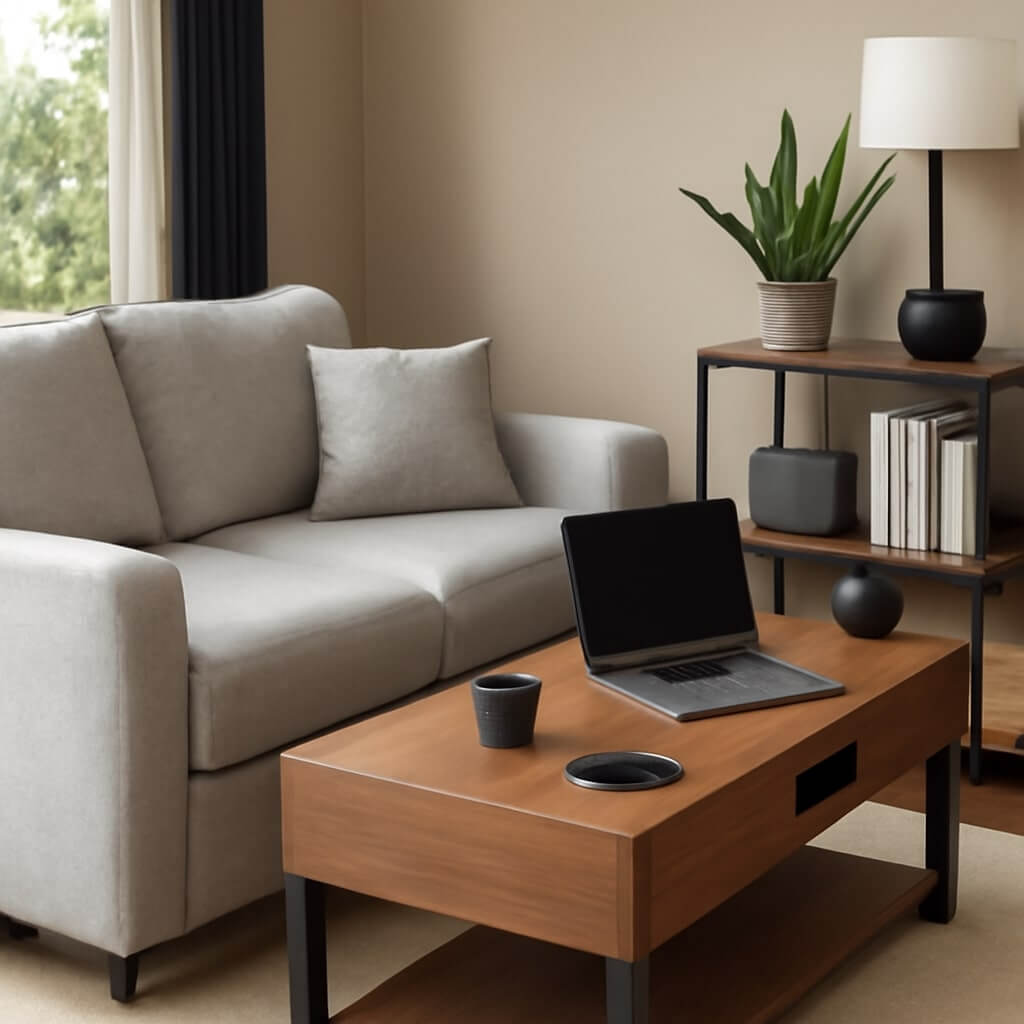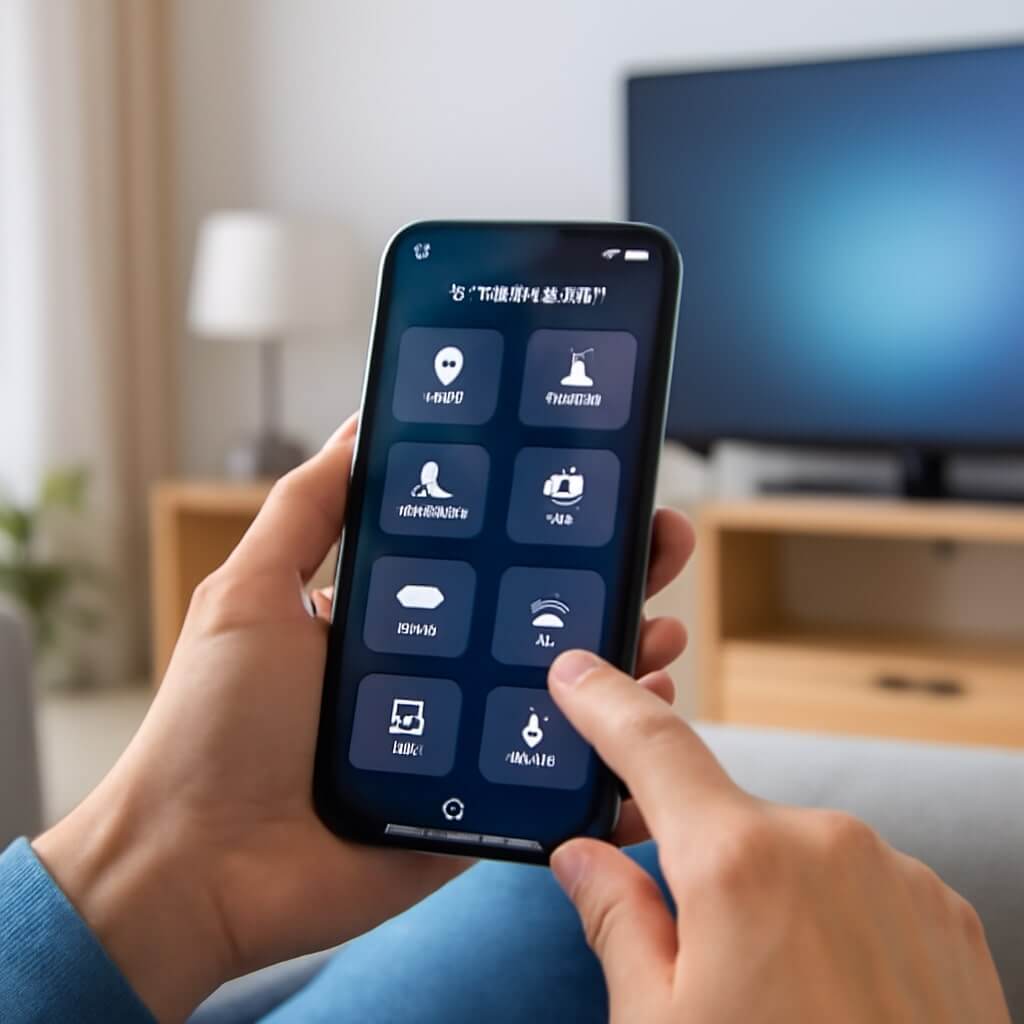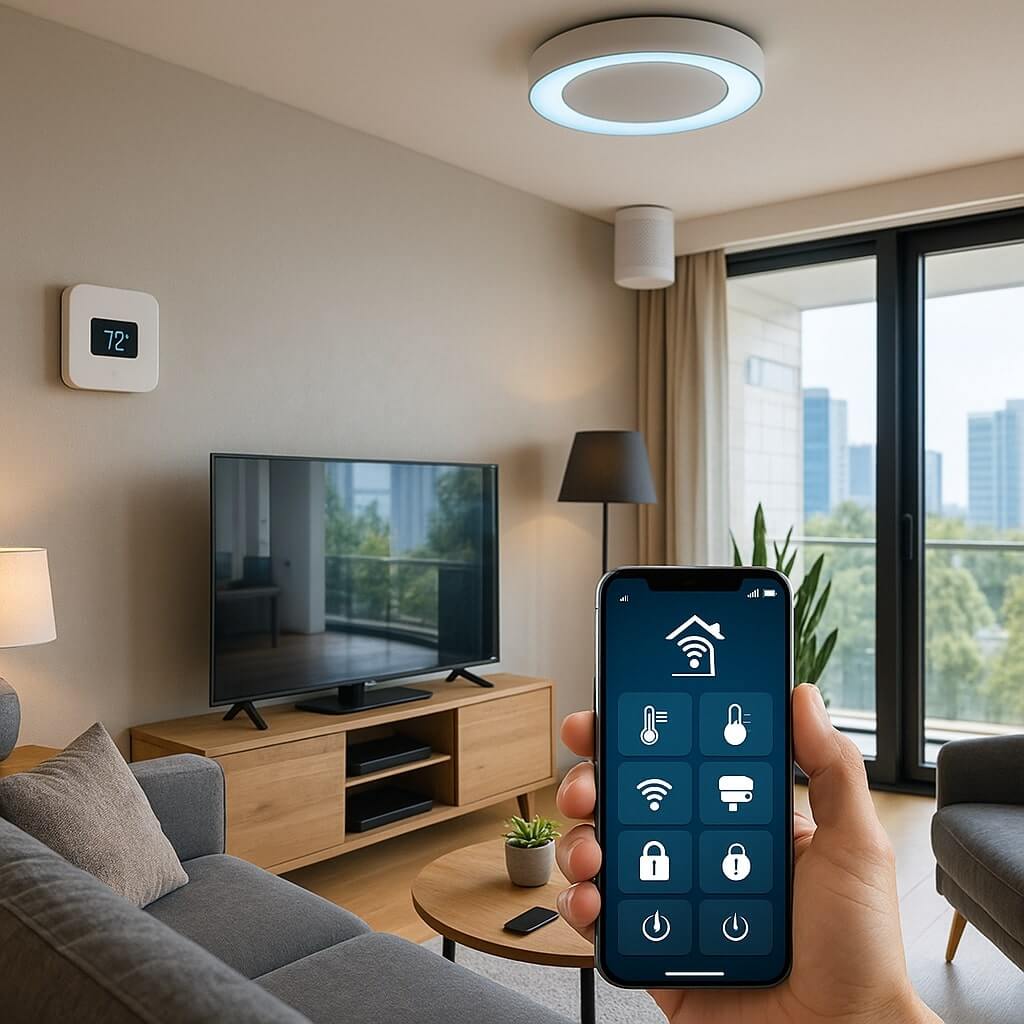Smart home technology is no longer a futuristic concept—it’s a present-day reality transforming how we live, work, and manage our households. From lighting and climate control to security and entertainment, automation systems are becoming more sophisticated and interconnected. But to make these systems truly work together, choosing the right smart home integration partner is essential.
In this complete guide, we’ll walk you through what smart home integration really means, why choosing the right partner is crucial, and how to make the best decision for your home or business.
What Is a Smart Home Integration Partner?

A smart home integration partner is a company or professional that specializes in designing, installing, and managing home automation systems. Their job is to connect various smart devices—like thermostats, security cameras, lighting, and voice assistants—into a centralized system that offers seamless control and optimal performance.
These experts often work with platforms like Control4, Crestron, Savant, Lutron, and Google Home or Amazon Alexa to create tailored solutions.
Why You Need the Right Smart Home Integration Partner
Choosing the right integration partner can determine the success or failure of your automation setup. Here’s why:
- System Compatibility: Ensures all devices work together smoothly.
- Customization: Designs automation based on your lifestyle and preferences.
- Scalability: Plans for future upgrades and additions.
- Security: Implements secure network and device settings to protect your privacy.
- Support & Maintenance: Offers ongoing support and troubleshooting.
Without an experienced partner, your smart home may suffer from connectivity issues, poor device performance, or even security vulnerabilities.
Key Qualities to Look for in a Smart Home Integration Partner
1. Industry Experience
Look for professionals with proven experience in smart home projects similar to yours. Ask about past installations, technologies used, and client outcomes.
2. Certifications and Partnerships
Reputable integrators often have certifications from major platforms like Control4, Lutron, or KNX. These show their competence and authorized dealer status.
3. Customized Design Approach
Avoid cookie-cutter solutions. The right partner will assess your space, lifestyle, and budget to deliver a tailored system.
4. Robust Support Services
Ask if they provide post-installation support, software updates, and emergency assistance. A smart home system isn’t “set it and forget it.”
5. Transparent Pricing
Ensure that the integrator offers a detailed breakdown of costs for hardware, installation, programming, and maintenance.
6. Client Reviews and References
Read reviews and speak with past clients to get a real-world idea of their reliability, communication, and technical skill.
The Smart Home Integration Process: What to Expect

Step 1: Consultation and Needs Assessment
A professional will evaluate your current setup, goals, and lifestyle preferences to determine your requirements.
Step 2: System Design and Proposal
They will then create a customized design, listing out devices, platforms, and automation scenarios.
Step 3: Installation and Programming
Certified technicians will install the hardware, integrate devices, and program scenes or routines that fit your lifestyle.
Step 4: Testing and Training
Your partner will test the entire system and train you on how to use it effectively.
Step 5: Ongoing Support
They’ll offer periodic updates, troubleshooting, and optional upgrades as your needs evolve.
Questions to Ask Before Hiring a Smart Home Integration Partner
- What brands and platforms do you specialize in?
- Can I see examples of your past work?
- Do you offer scalable solutions for future needs?
- How do you handle system maintenance and updates?
- What is your response time for service requests?
Benefits of Working with the Right Integration Partner
- Seamless control through a single interface
- Energy savings through automated settings
- Increased home security with integrated systems
- Enhanced comfort and convenience
- Long-term cost efficiency through proper planning
FAQ: Smart Home Integration Partner
Yes, if you’re implementing a multi-device or whole-home system. DIY systems work for basic setups but lack customization and scalability.
Costs vary based on system complexity, device quantity, and service level. Projects can range from $2,000 to over $50,000.
Yes. A good integration partner designs your system to be scalable and future-proof.
Not always. Compatibility depends on the ecosystem (e.g., Apple HomeKit, Google Home, Z-Wave). Your integrator ensures all components work seamlessly.
Simple systems may take a day, while larger projects can take several weeks depending on size and customization.
Conclusion
Choosing the right smart home integration partner is the cornerstone of a successful and satisfying automation experience. Whether you’re automating a single room or your entire property, the expertise of your partner will define the system’s functionality, reliability, and future readiness.
Take your time to research, ask the right questions, and invest in a provider who understands your goals. With the right integration partner, your smart home will not only meet today’s needs but evolve with tomorrow’s innovations.
